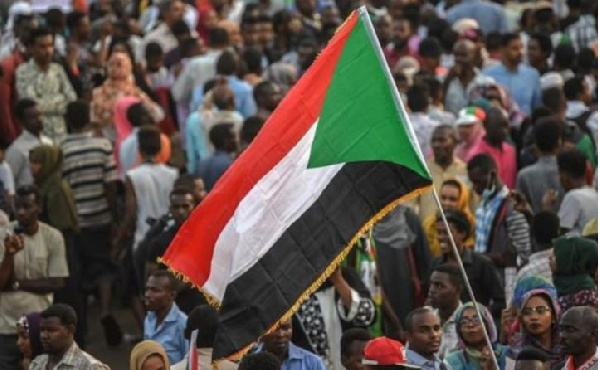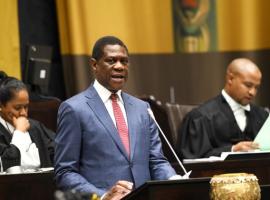 |
| Since last month’s coup, more than 100 government officials and political leaders have been arrested |
KHARTOUM, Nov 18 (NNN-AGENCIES) — Sudanese authorities have announced the closure of four out of 10 bridges linking the capital, Khartoum, with the cities of Bahri and Omdurman, Sudanese television reported hours before mass anti-coup demonstrations were expected to begin.
Resistance committees across the country on Wednesday called for a million-strong demonstration in Khartoum to demand the return of a civilian government.
The death toll from Sudan’s anti-coup protests at the weekend rose to eight, medics said, bringing the total number of those killed since last month’s military takeover to at least 23.
Three teenagers were among those who lost their lives during the latest mass protests on Saturday, which were met with the deadliest crackdown since the Oct 25 coup.
The Central Committee of Sudanese Doctors, an independent union of medics, named all eight protesters killed, including 13-year-old Remaaz Hatim al-Atta, who was shot in the head in front of her family’s home in Khartoum, and Omar Adam who was shot in his neck during protests in the capital city.
The military takeover sparked a chorus of international condemnation, including punitive aid cuts, with world powers demanding a swift return to civilian rule.
Demonstrators have rallied since then despite internet outages and disruptions of communication lines, which forced activists to disseminate calls for protests via graffiti and SMS messages.
Since last month’s coup, more than 100 government officials and political leaders, along with a large number of demonstrators and activists, have been arrested. The army also placed Prime Minister Abdalla Hamdok under house arrest at his residence in Khartoum.
Pro-democracy groups have promised to continue protesting until the return of the Sovereign Council, which was formed in 2019 as part of a power-sharing agreement between members of the army and civilians with the task of overseeing Sudan’s transition to democracy after a popular uprising led to the removal of longtime ruler al-Bashir.
In an interview with Al Jazeera earlier this month, al-Burhan said he was committed to handing over power to a civilian government, promising not to participate in any government that comes after the transitional period. But last week he announced the formation of a new Sovereign Council and appointed himself as to its head. — NNN-AGENCIES





